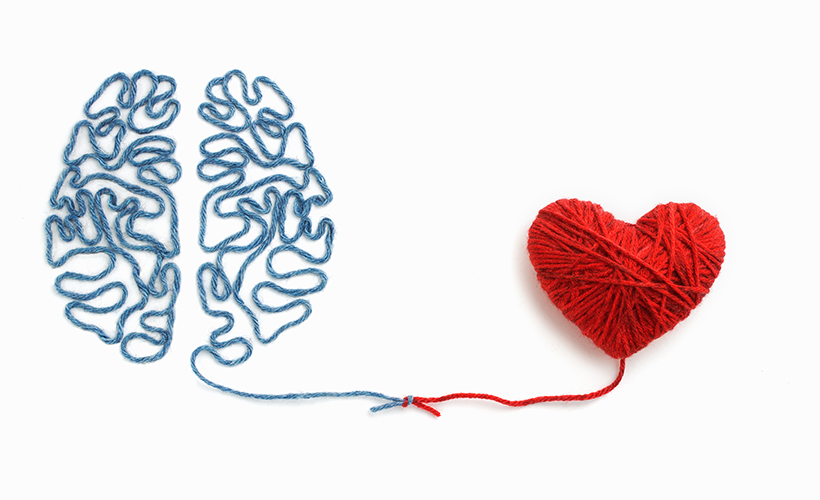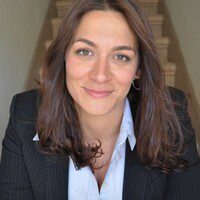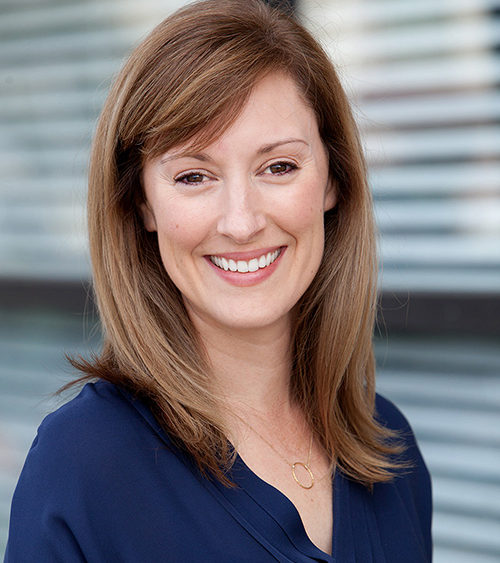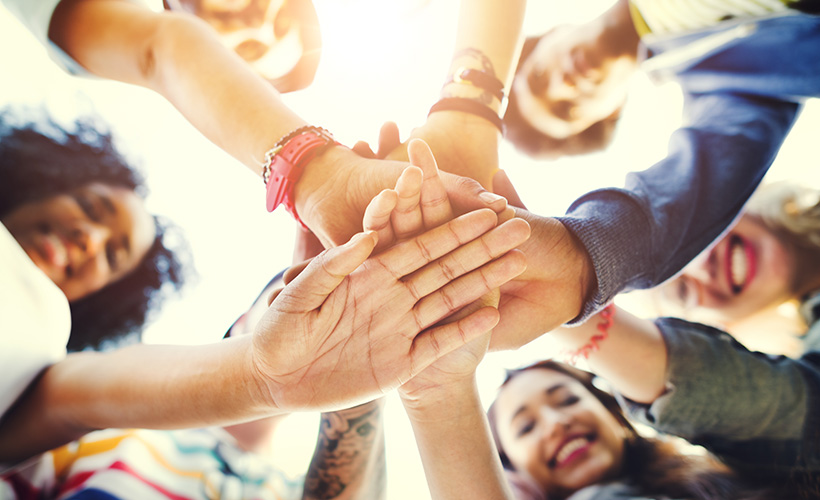As educators, there is one big takeaway from the recent advancements in neuroscience and education, and it is this:
Emotion and cognition are linked.

How we feel affects how we learn. This is why social-emotional learning (SEL) has become instrumental in education and beyond. After all, SEL affects all aspects of our lives. While SEL isn’t a new topic, we see now more than ever how SEL skills benefit both students and adults.
Studies have shown (and you’ve probably experienced this, too) that we think and learn best when we have supportive relationships, feel a sense of security and belonging, and have opportunities to process stress and emotions in healthy ways. As a result, “more educators are realizing you’re not going to achieve the academic gains that you want to see without attending to the social and emotional development of young people.”
First, let’s define what we’re talking about here. The Collaborative for Academic, Social and Emotional Learning (CASEL, pronounced like castle) defines social-emotional learning as “an integral part of education and human development. SEL is the process through which all young people and adults acquire and apply the knowledge, skills, and attitudes to develop healthy identities, manage emotions and achieve personal and collective goals, feel and show empathy for others, establish and maintain supportive relationships, and make responsible and caring decisions.”
That was a sentence jam-packed with a lot of goodness! In reading the definition you probably notice that you already have some SEL skills. This blog is here to help turn up the dial on what we already know and shed some light on areas where we could grow.
Check out Infobase’s SEL Toolkit, for resources to empower educators, parents, and students!
We can’t teach what we don’t know.
Teachers, administrators, and support staff are most effective when they understand and develop their own personal social-emotional capacities before addressing those of their students. So this blog is dedicated to you. One of the best ways to promote SEL skill development in our students is to model it in ourselves.
SEL is a lifelong journey of skill building.
Taking stock of where you are with each competency will serve as a springboard for what’s next in your learning process. See below for questions related to each of the five SEL competencies.
Self-Awareness
- I know my strengths and areas for growth as an educator.
- I know my various identities (e.g., racial, ethnic, gender, etc.).
- I actively engage in examining my biases.
- I believe intelligence can be improved through dedication and hard work.
- I am aware of my emotions.
Self-Management
- I know how to set meaningful goals in my life.
- I can identify personal sources of stress.
- I can effectively manage my emotions.
- I know what I can do to help myself when I’m stressed/practice self-care.
Social Awareness
- I understand and model empathy.
- I consider other people’s perspectives during an interaction.
- I practice gratitude daily.
- I validate students’ home language.
- I validate cultures that are different from my own.
Relationship Skills
- I communicate effectively with others.
- I offer support to others easily.
- I seek support from others easily.
- I prioritize building relationships with students.
- I stand up for the rights of others.
Responsible Decision-Making
- I evaluate options before making a decision.
- I demonstrate curiosity and open-mindedness when making a decision.
- I support students in evaluating the consequences of their decisions.
- I consider how institutions impact individuals and communities
- I consider how the decisions I make will impact others.
Take a moment to reflect on these questions. What skills are you already demonstrating? Which ones would you like to improve?
Some of the most important work we can do for our students is being curious about our own social-emotional learning.
Taking this inventory was a meaningful step toward self-exploration—well done!
See also:
- FREE 6-Part Workshop: SEL & Beyond: A Dynamic Introduction to Social and Emotional Learning and Its Core Competencies
- Ted Lasso: 12 Lessons on Social and Emotional Learning
- Introduction to Social and Emotional Learning
- Empowering Administrators Through Social and Emotional Learning
About the Authors

Trisha DiFazio is an education consultant for Teacher Created Materials (TCM) and a former adjunct professor in the Rossier School of Education at the University of Southern California (USC). Trisha was also a contributing author on TCM’s Language Power: Building Language Proficiency series as well as Creating Social Emotional Learning Environments. She is passionate about empowering teachers and students around social and emotional learning as well as Culturally and Linguistically Responsive Teaching. Ms. DiFazio holds a Bachelor of Arts degree from Lake Forest College with a double concentration in English and Spanish, a Master of Arts in Teaching from National Louis University, an ESL Endorsement from Dominican University, and International TEFL Certification from the International Teaching Center in Madrid, Spain. As a result of studying with instructors from UCLA’s Mindful Awareness Research Center (MARC), Trisha has experienced firsthand how practicing mindfulness contributes to one’s overall health and sense of well-being.

Allison Roeser is an education consultant, author, and leadership coach. She holds a Master of Health Science (MHS) degree from Johns Hopkins University, Professional Coach Certification (PCC) from the International Coaching Federation, and is an Academy Licensed Trainer (ALT) with the Academy for Coaching Excellence. Ms. Roeser has almost two decades of experience working with leaders in education. She is passionate about child welfare and social change. She is also a Court Appointed Special Advocate (CASA), a program that advocates for foster care youth in San Francisco. Previously, Allison served as Deputy Director at Westat, a research organization where she directed studies focused on health and education. Allison is also co-founder of SEL&Beyond, an organization dedicated to providing SEL professional development and coaching for educators, parents, and students.
For more strategies and tips, follow the authors on Twitter @SELandBeyond, contact them at selandbeyond@gmail.com, or check out their book: Social-Emotional Learning Starts with Us: Empowering Teachers to Support Students


